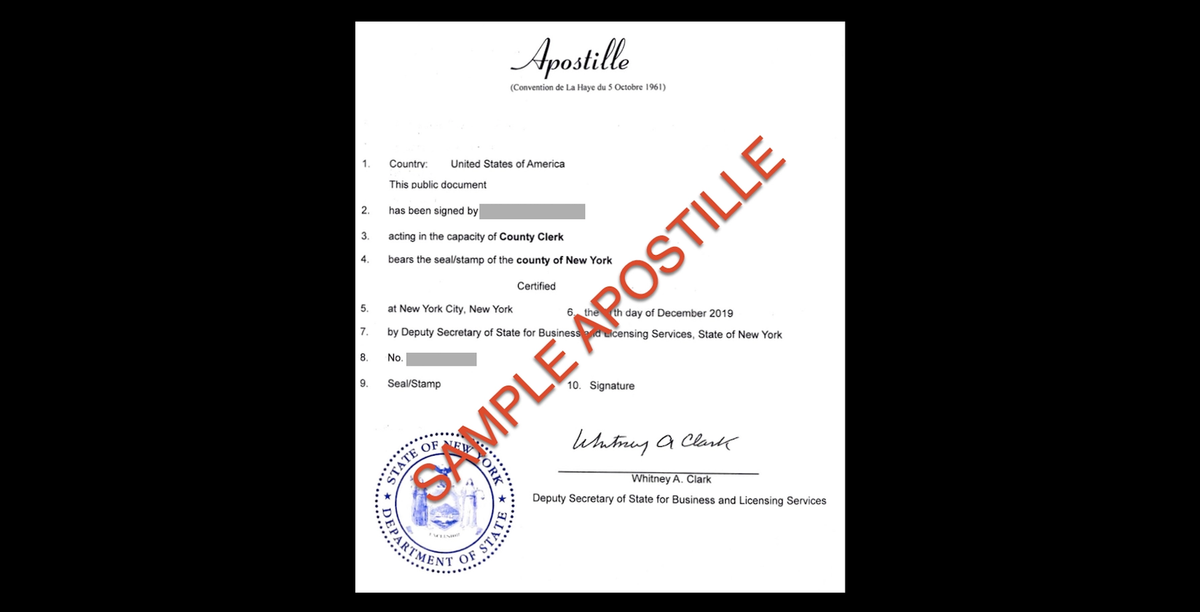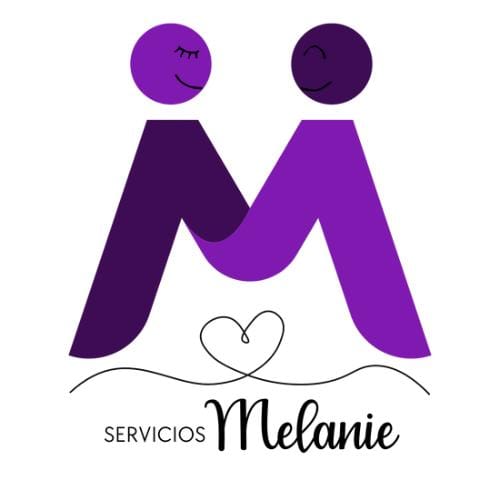An Apostille: What is it & Why do I need it?

An apostille is a specialized certification that authenticates the origin of a public document for use in another country.
Established under the 1961 Hague Apostille Convention, it verifies the legitimacy of signatures, seals, or stamps on documents like birth certificates, marriage certificates, death certificates, and other official records.
In Mexico, an apostille is necessary for most foreign-issued public documents to be recognized as valid in legal proceedings. This includes documents such as:
- Birth Certificates: Required for processes like obtaining Mexican citizenship, enrolling in schools, or registering a child born abroad.
- Marriage Certificates: Essential for legal recognition of a foreign marriage, such as for spousal visas or property transactions.
- Death Certificates: Needed for inheritance claims, estate settlements, or repatriation processes.
- Other Documents: Educational diplomas, criminal background checks, or powers of attorney may also require an apostille for use in Mexican legal or administrative procedures.
The apostille ensures that Mexican authorities can trust the document’s authenticity without needing further verification. Without it, foreign documents may be rejected, delaying or complicating processes like immigration, marriage registration, or estate management.
To obtain an apostille, you must contact the designated authority in the country where the document was issued—typically a government office like a Secretary of State (in the U.S.) or a Foreign Affairs Ministry.
The process involves submitting the original document (or a certified copy) for verification. You can also request a new one and ask for it to be apostilled right away. Some websites like vitalchek.com allow you to order them online. Just make sure you do it with enough time to receive your documents.
Once the apostille is affixed, the document is ready for use in Mexico. Note that Mexico will also require a certified Spanish translation of the document, depending on the process.
For anyone planning to use foreign government documents in Mexico, securing an apostille is a non-negotiable step.
Always check with the specific Mexican authority or consulate to confirm requirements, as regulations can vary by state or process. Planning ahead and ensuring proper authentication will save time and prevent legal hurdles.
If you're unsure about the process or have any questions, book a call with me on the button below.
